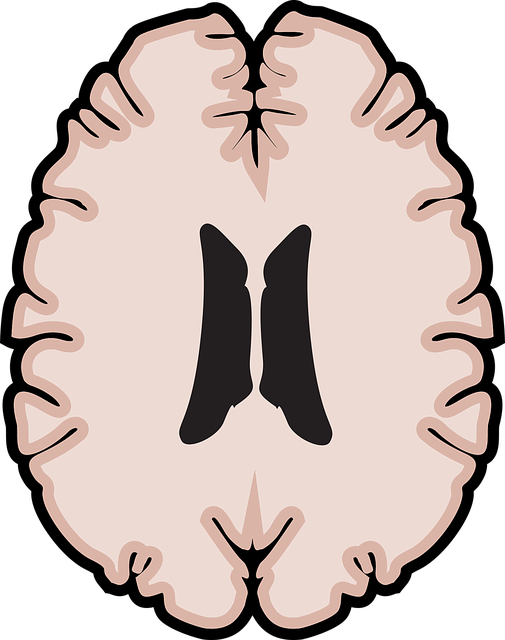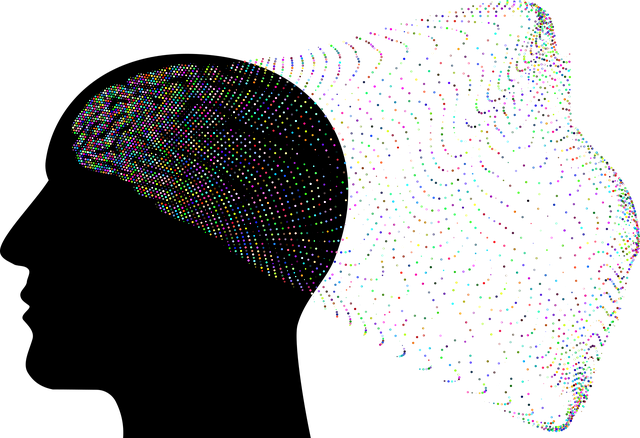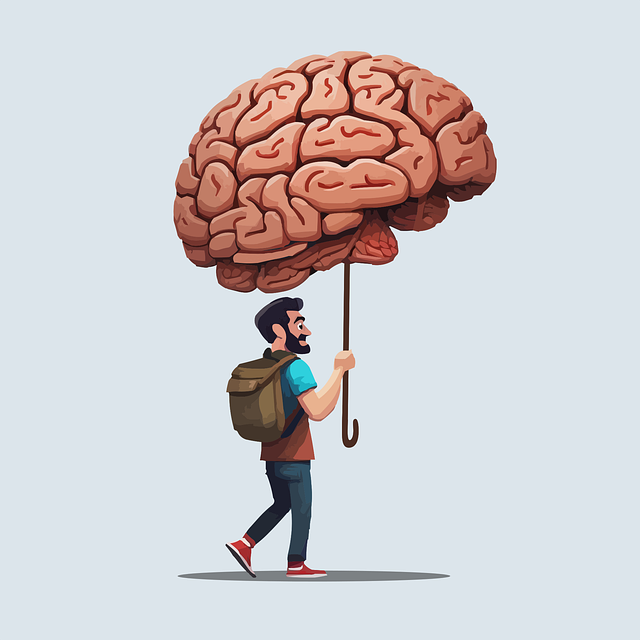Mental health professionals have a powerful tool in the Parker Mental Health Evaluations, which provide comprehensive insights into individuals' mental well-being. These evaluations enhance therapy outcomes by accurately assessing symptoms, behaviors, and overall functioning, allowing for tailored treatment plans. By integrating diverse therapy techniques, including Self-Esteem Improvement and Emotional Regulation exercises, the approach ensures precise reporting and holistic care that addresses both symptomatology and underlying emotional patterns. Parker Mental Health Evaluations and Therapy offer a comprehensive solution for understanding and improving individual well-being, fostering resilience, and achieving lasting positive changes.
Mental illness diagnosis accuracy is a critical aspect of patient care, with significant implications for treatment outcomes. This article explores targeted efforts aimed at enhancing diagnostic precision, focusing on three key areas: Enhancing Diagnostic Tools, Integrating Therapy Techniques, and Training & Education. We delve into the role of Parker Mental Health Evaluations in streamlining assessments, discuss how therapy techniques improve accuracy, and highlight the importance of continuous professional development. By integrating these strategies, healthcare providers can ensure more reliable mental health diagnoses.
- Enhancing Diagnostic Tools: The Role of Parker Mental Health Evaluations
- Integrating Therapy Techniques for Accurate Assessments
- Training and Education: Improving Healthcare Professional Competence
Enhancing Diagnostic Tools: The Role of Parker Mental Health Evaluations

Mental health professionals have long relied on various assessment tools to diagnose and treat patients effectively. Among these, Parker Mental Health Evaluations stand out as valuable resources. These evaluations are designed to provide comprehensive insights into an individual’s mental well-being by examining symptoms, behaviors, and overall functioning. With a focus on accuracy and reliability, they offer a structured approach to therapy, enabling healthcare providers to tailor treatment plans accordingly.
By incorporating Parker Mental Health Evaluations into practice, professionals can enhance the overall effectiveness of their care. These tools not only facilitate more precise diagnoses but also promote better patient outcomes through targeted interventions. Moreover, they contribute to mental health awareness by providing standardized metrics for tracking progress and evaluating the success of implemented stress reduction methods and self-care practices.
Integrating Therapy Techniques for Accurate Assessments

Integrating diverse therapy techniques into mental health evaluations has emerged as a powerful strategy to enhance diagnostic accuracy. The Parker Mental Health Evaluations, for instance, have recognized the importance of combining traditional assessments with innovative therapeutic approaches. By incorporating elements such as Self-Esteem Improvement exercises and Emotional Regulation techniques, these evaluations aim to provide a comprehensive understanding of an individual’s mental state. This holistic approach ensures that beyond symptomatology, underlying emotional patterns, and cognitive processes are explored, leading to more precise diagnoses.
Furthermore, Self-Awareness Exercises play a pivotal role in this integration. They empower individuals to recognize their thoughts, feelings, and behaviors, fostering a deeper connection with themselves. This increased self-awareness facilitates more accurate reporting during evaluations, as clients become attuned to the nuances of their mental experiences. Consequently, therapists can make informed decisions, tailoring treatments to meet individual needs more effectively.
Training and Education: Improving Healthcare Professional Competence

The pursuit of accurate mental illness diagnoses is an ongoing process, requiring a multi-faceted approach. By enhancing diagnostic tools like the Parker Mental Health Evaluations, integrating diverse therapy techniques, and prioritizing comprehensive training for healthcare professionals, we can significantly improve assessment accuracy. These efforts not only benefit individuals receiving care but also contribute to more effective treatment outcomes in the long term, fostering a healthier and more supportive mental health landscape.














